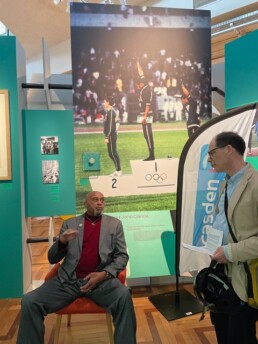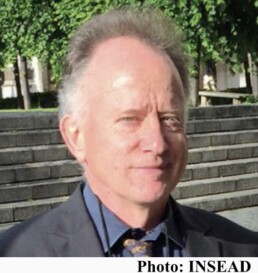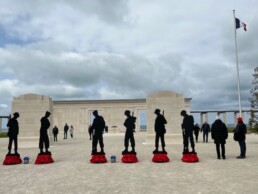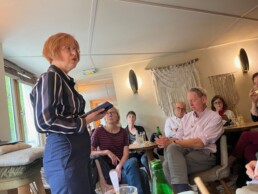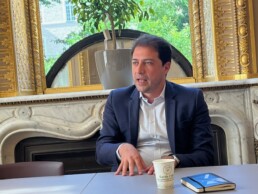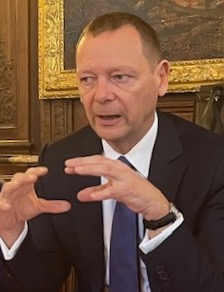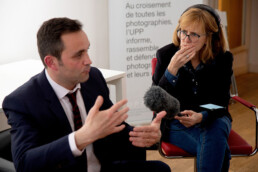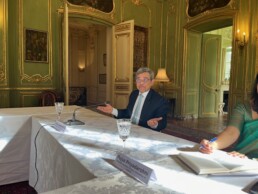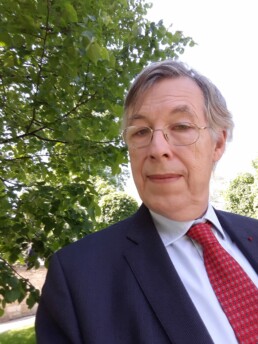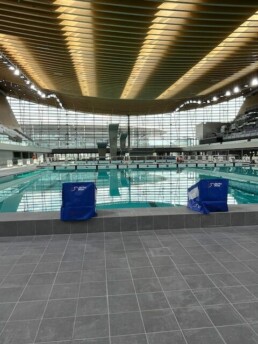Tommie Smith is in Paris for the Olympic Games
Have you ever met a rock star? Or a famous scientist? Or, why not – the…
ANALYSIS OF EU AND SNAP FRENCH PARLIAMENTARY ELECTIONS
INSEAD Political Science Professor Emeritus Douglas Webber had already agreed…
D-Day Anniversary Visit to Normandy
AAPA members (15 in all) took a day trip to Normandy, April 23, 2024, in…
Recognizing D-Day's Forgotten Black Soldiers 80 Years On
AAPA member Linda Hervieux talks to us about the forgotten combat soldiers of…
Christopher Weissberg, representing French citizens in North America
AAPA members had breakfast with Christopher Weissberg on May 13, 2024, to…
Emmanuel Bonne talks to AAPA
Emmanuel Macron’s foreign policy advisor Emmanuel Bonne met with over two dozen…
VIGINUM: French defense against cyber-attacks & fake news
AAPA members met with former Lt. Col. Marc-Antoine Brillant, director of…
Breakfast with H.E. JAWED ASHRAF, Ambassador of India
H.E. Jawed Ashraf, Ambassador of India to the Republic of France and…
US elections key to Ukraine’s future: security analyst François Heisbourg
The outcome of the war in Ukraine will likely turn not only on issues as…
Visit to the Olympic Aquatic Centre
On March 6, AAPA became the first group of journalists to visit the…
